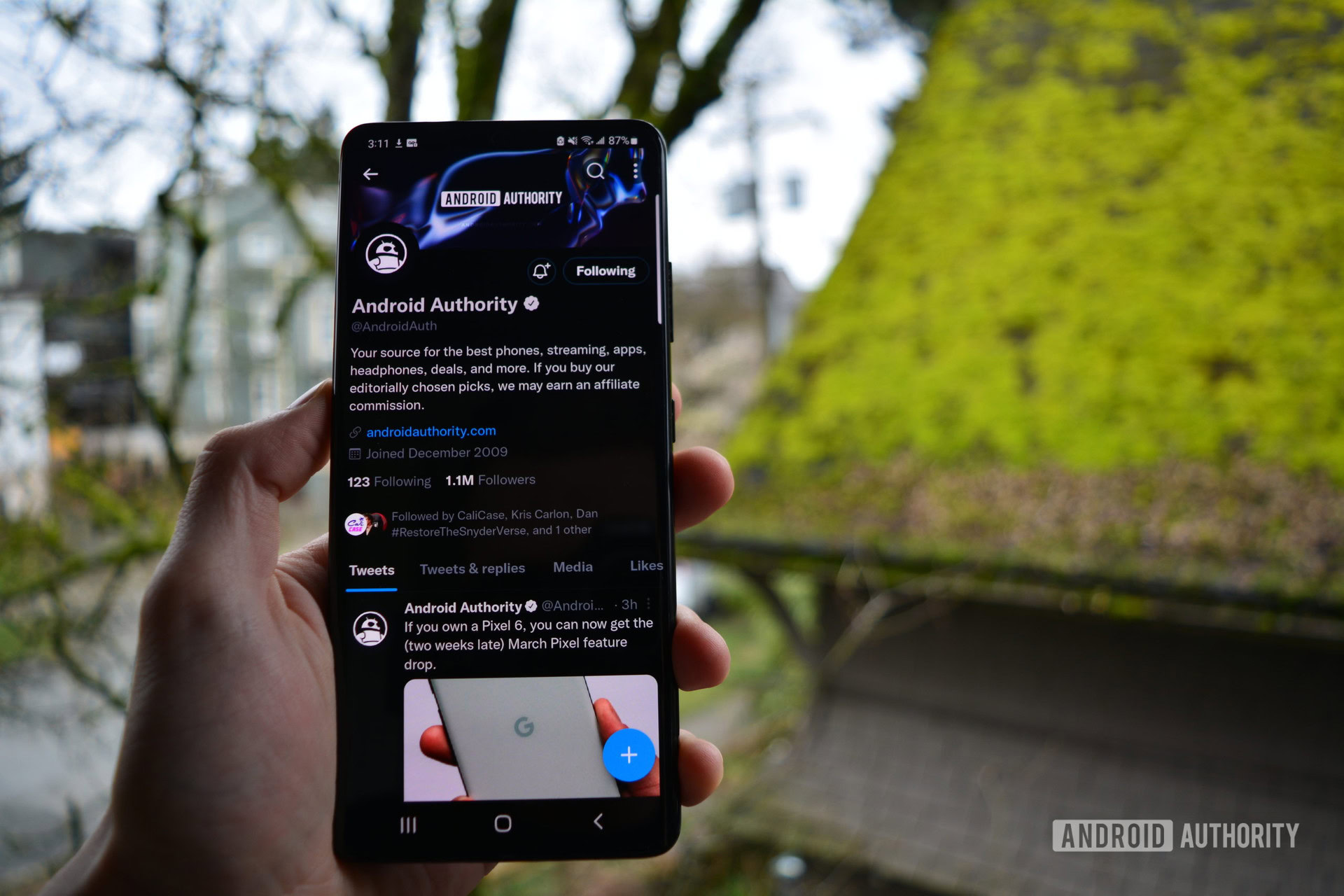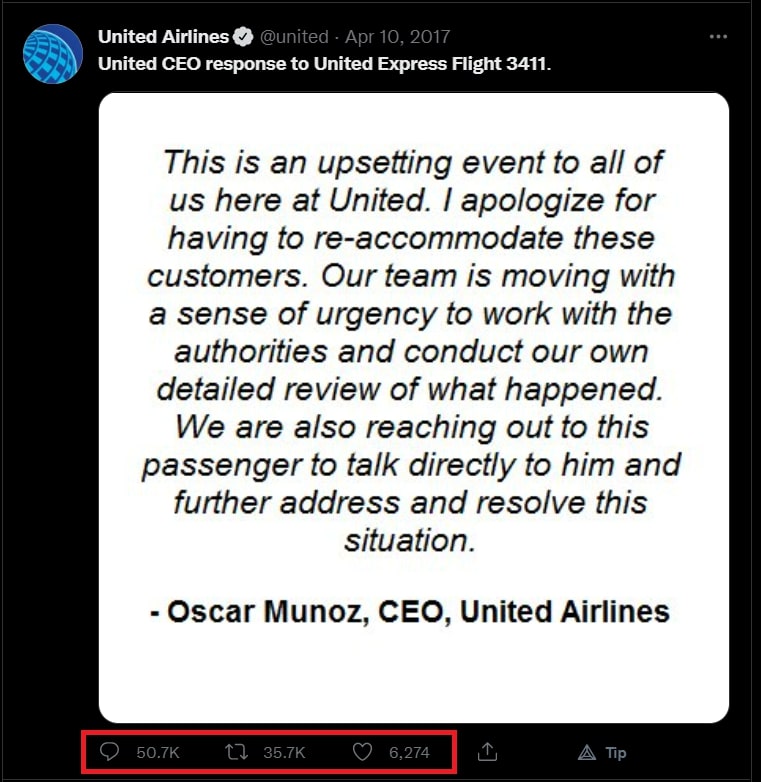Affiliate links on Android Authority may earn us a commission. Learn more.
What does "ratioed" mean on X and how can you spot it?
As social media has evolved, new terms have sprung up to define new social interactions, such as “selfie” or “photobomb.” One you’ve probably seen in relation to X (formerly Twitter) is the term “ratio” or “ratioed.” Here’s what it means to be ratioed on X, why it matters, and how to spot it happening.
QUICK ANSWER
On X, being ratioed is when the replies to a tweet vastly outnumber its likes and retweets. It can also refer to the number of likes between two tweets. The term is (supposedly) indicative of majority opinion.
KEY SECTIONS
What does “ratio” or “ratioed” mean on X?

Here’s everything you need to know about the background and usage of the term.
Background
The term “ratio” refers to the relationship between key stats on X. Every tweet has three main numbers: likes, replies, and retweets. When someone calls out those numbers, they’re often pointing out that the amount of responses to a tweet dramatically exceeds the number of retweets and likes. That suggests that the tweet is unpopular, though of course in reality, people can be fine with a post without liking or sharing it.
One of the most notable examples of an X/Twitter ratio was in 2017, when United Airlines responded to a viral video of a passenger removed from one of their planes. The tweet gained roughly 50,700 replies, compared with only 6,274 likes. That’s an 8:1 split, which certainly didn’t bode well for United.

X has since taken measures to allow users to hide the number of responses to a tweet. While that may help reduce negative feedback, the meaning of ratio has since transitioned into a verb. “To ratio” a tweet generally means making a quote, retweet, or reply that gets more likes and retweets than the original post.
Present
Nowadays, a ratio can also refer to the competition for likes rather than comparing replies to likes or retweets. Think of it like like a referendum, in which X users see two tweets expressing different viewpoints, and vote with a like on which one they endorse. Similar use of the term has been prominent on TikTok.

Of course, this doesn’t necessarily reflect genuine public opinion. Misinformation and emotionally divisive topics generate the most engagement. For example, one study found that each word of moral outrage added to a tweet increases the rate of retweets by 17%. Out of all the emotions, anger spreads the fastest and farthest on social media, and fake news may spread six times faster than real news. Sometimes ratios may be skewed by brigading, in which a popular X user directs their fanbase to like, comment, or share specific tweets.
How can you spot a ratio on X?
Spotting ratios involves analyzing the stats on a tweet. As mentioned, a ratio usually occurs when a tweet has significantly more replies than likes or retweets, or when a response or quote-tweet has vastly more likes than the original.

As humans, we’re often more concerned with status and popularity than upholding the truth. The primary driving force behind whether someone will like or share a piece of information isn’t its accuracy or content, but because it comes from a friend or celebrity with whom we want to be associated. So popular accounts may draw higher ratios.
Ratios are also frequently involved in online disputes, where fans of a famous person or brand will comment “ratio” as a call to action for others to leave negative replies. With controversial topics, one side will attempt to ratio tweets from supporters of what they perceive as an “opposing” tribes of fans.
How to avoid a ratio on X
Being on the receiving end of a ratio can be stressful and frightening. When it happens on a large scale, you may receive thousands of notifications or direct messages from people you’ve never met. If you’re not ready to handle that, think before you tweet.
While divisive opinions are common on the internet, the types of tweets that tend to get ratioed are purposefully malicious or offensive. Avoid trying to insult others and you should (normally) avoid problems. Alternately, you can protect your tweets to keep them private.
FAQs
You’ll find ratios on social networking sites with likes, comments, and/or sharing, and a counter that displays numbers for them. This includes traditional social media apps like Facebook and Instagram, and content-sharing platforms like TikTok and YouTube.
Perhaps the most notable exception is Reddit, which skips straight to a “karma” system with upvotes and downvotes. It’s plainly obvious which posts people like or hate, in part because popular posts surge to the top in standard thread views, while unpopular ones sink or become hidden entirely.
Yes, if likes or retweets outweigh replies. People don’t usually bother calling attention to this, however.
